When will we have a coronavirus vaccine? A look at efforts around the world
The race to find a vaccine for COVID-19 is heating up.
There are about 100 vaccines being worked on around the world and about 12 of those have now reached human trials.
Initial animal and human tests are showing promising early signs, but it will be several months before scientists will know if the vaccines are effective, and possibly even years until any side effects are realised.
Why do we need a coronavirus vaccine?
“A vaccine will be the most effective way of stopping the spread,” Professor Bruce Thompson, an expert in cardiorespiratory medicine at Swinburne University of Technology, says.
However, he warns an effective vaccine could be unlikely.
“We must remember this virus is no different to influenza or the common cold (in fact COVID-19 is part of a common cold),” Prof Thompson said.
“We don’t have a one-size-fits-all drug that fixes all viruses.”
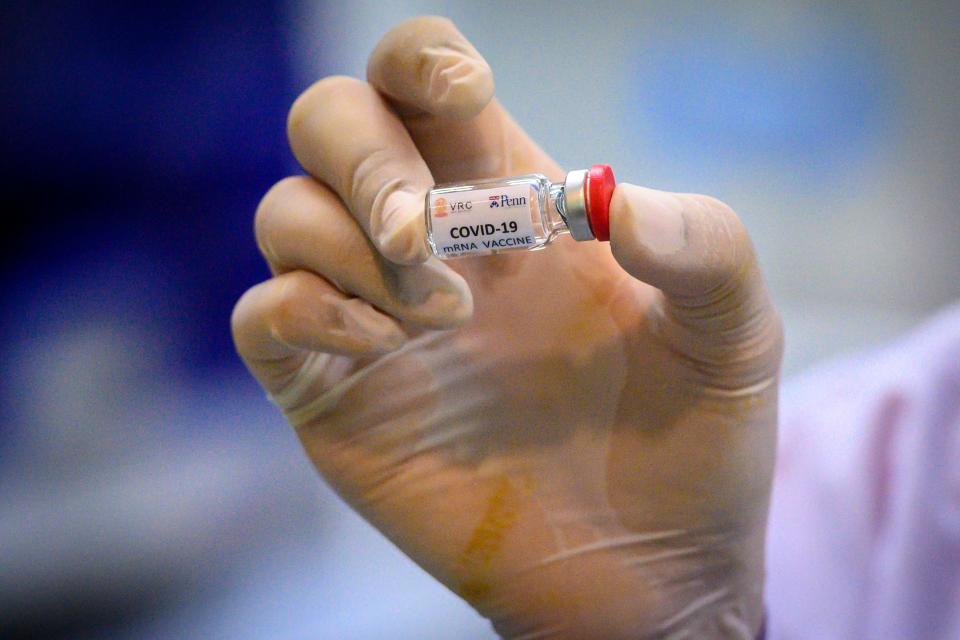
When will we have a coronavirus vaccine?
“Vaccines need to be developed and tested, and go through the phases of a drug trial which demonstrates that the drug is safe, does no harm and is efficacious,” Prof Thompson says.
Usually vaccine developers start with pre-clinical animal trials then move through phases 1 to 4 to human trials.
Top scientist who battled COVID-19 says we will never live normally without vaccine
Aussie vaccine scientist says coronavirus lab theory can't be ruled out
'The only hope': Scientists in the race against time to develop coronavirus vaccine
This can often take years.
At the moment, many of these phases are being sped up, with human trials starting before data from animal tests is complete.
This could mean the US and the UK could have vaccines available from as early as September.
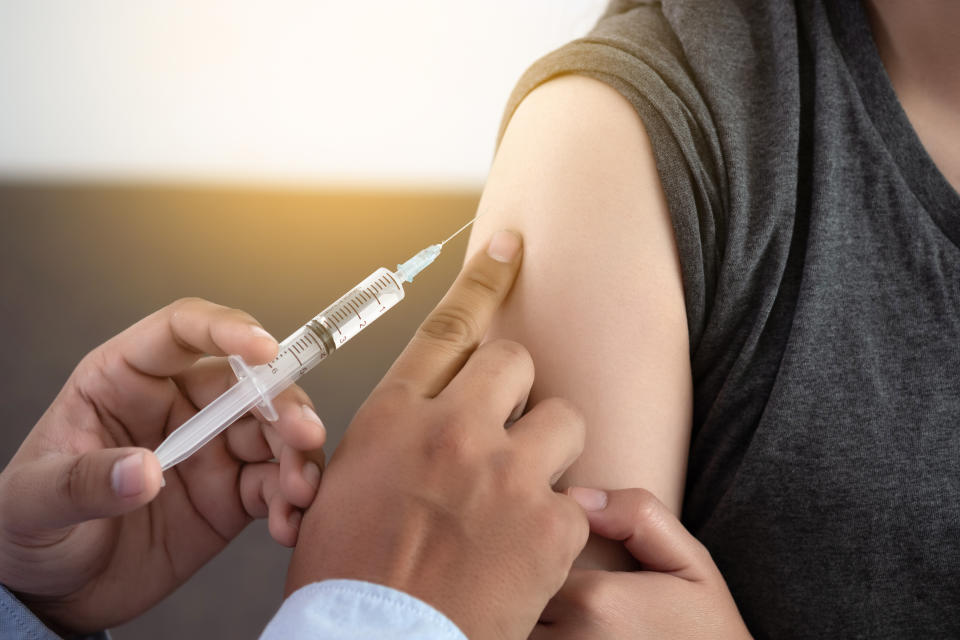
Why does it matter where the vaccine comes from?
If one country develops a vaccine, it could get rid of the united world response to the pandemic which has been seen so far, the Coalition for Epidemic Preparedness Innovations chair Jane Halton suggested.
“If we have vaccine nationalism and one country looks after itself first and at the expense of the rest of the world, everyone is going to continue to suffer,” she told the National Press Club.
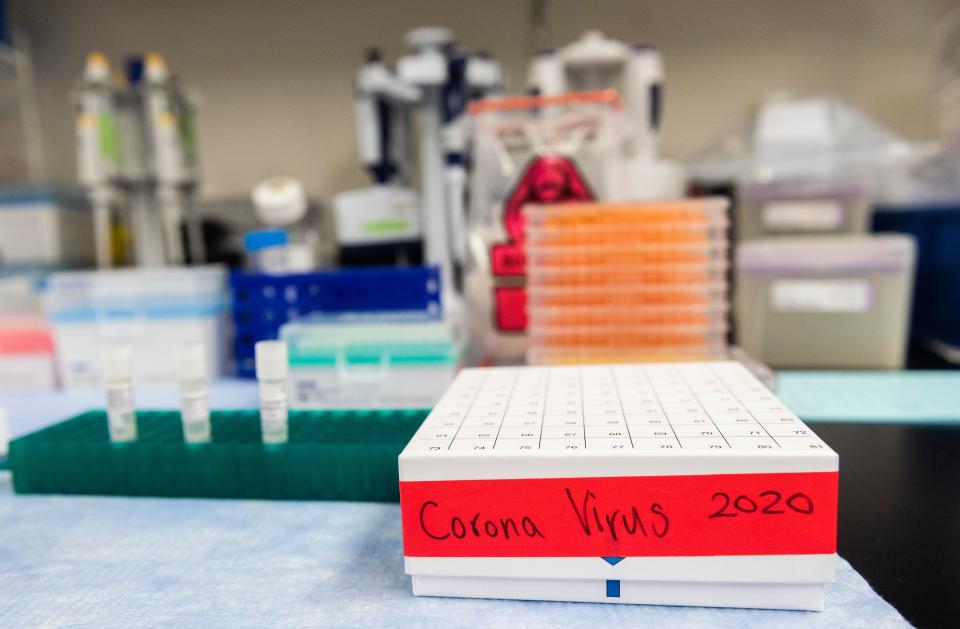
What coronavirus progress is being made?
These countries are leading the race to find a vaccine. Here’s how they’re getting on:
US to mass produce unproven vaccines
The US biotech company, Moderna, has already released the first results from human trials of its RNA vaccine.
The idea behind an RNA vaccine is that it extracts genetic material from the virus, putting it in to the body so it’s recognised as foreign.
The body then mounts an immune response against it.
This vaccine successfully created an immune response in 45 test subjects, which is a promising sign.
In July, they’ll start testing 30,000 people across the country, with the hope that millions of doses could be available by early next year.
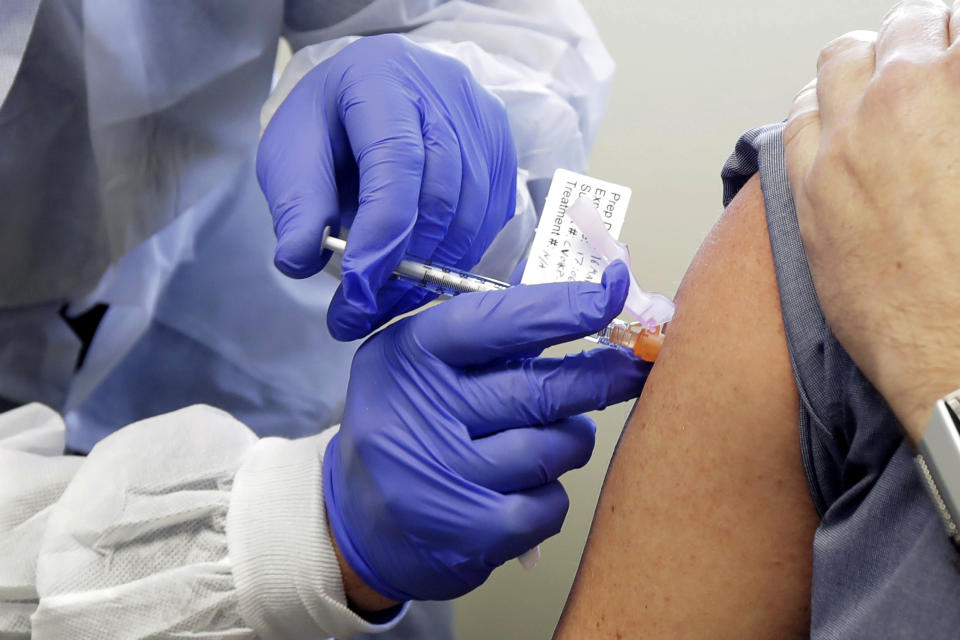
The catch? They’re planning on mass-producing vaccines before they actually know if it works, and before it’s approved by the FDA, meaning they could end up with millions of vaccines that are useless.
“We’re going to start manufacturing doses of the vaccines way before we even know that the vaccine works,” Dr Anthony Fauci, director of the National Institute of Allergy and Infectious Diseases, said.
“We may know whether it’s efficacious or not by maybe November, December.” Dr Fauci is also involved in four other trials and says he is “cautiously optimistic” that one will succeed.
China hopes vaccine serves as redemption
Four of the vaccines in human trials are from China, who is reportedly keen to be the first to find a working vaccine as a “redemptive factor” to help restore its global reputation.
Military virologist Chen Wei was photographed receiving a dose of the non-replicating viral vector vaccine from CanSino that is in stage 2 of trials, but hasn’t released any findings yet.
This type of vaccine works by introducing an engineered virus into the body that includes proteins of coronavirus.
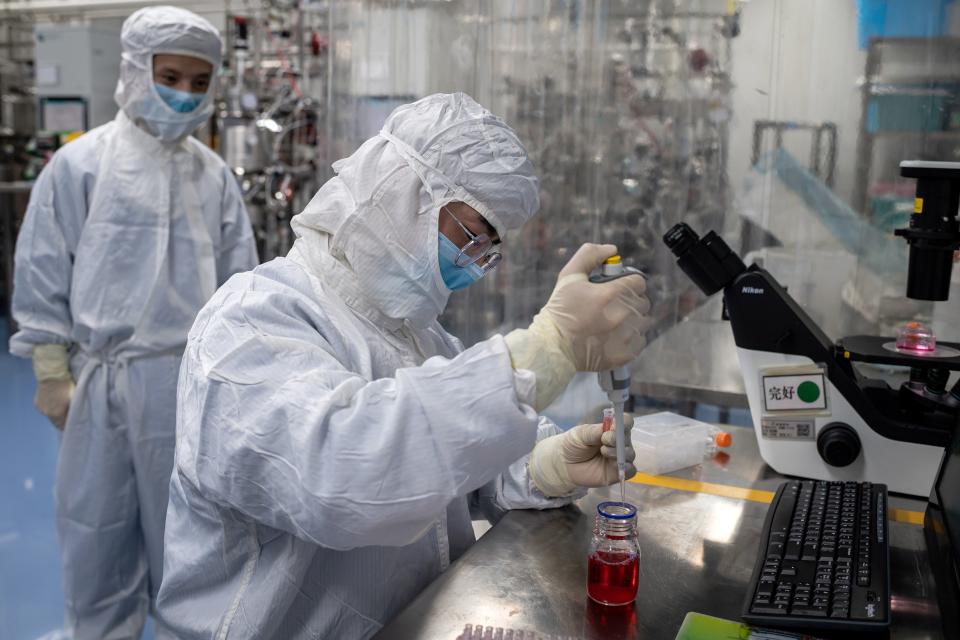
The Wuhan Institute of Biological Products, Beijing Institute of Biological Products and Sinovac are all working on inactivated vaccines, which means they contain the COVID-19 virus that is then killed by being exposed to chemicals or UV light.
It’s an old type of vaccine, but can be a simple way to introduce something to the body without causing extra disease, and potentially limiting side effects.
The Sinovac vaccine has been proven to be effective in rhesus macaque monkeys, who generated neutralising antibodies when they received a dose.
Data from phase one of all these trials is limited though, and there’s no news on testing large amounts of people yet.
'The ultimate sacrifice': Nurse dies after rushing to save coronavirus patient's life
Doctor loses custody of daughter over coronavirus infection fears
UK already conducting human trials
Oxford University has teamed up with British-Swedish bio-tech company AstraZeneca to create a non-replicating viral vector vaccine, which is already being tested on people.
It was first tested on rhesus masque monkeys, who were given the vaccine before being exposed to high levels of the COVID-19 virus.
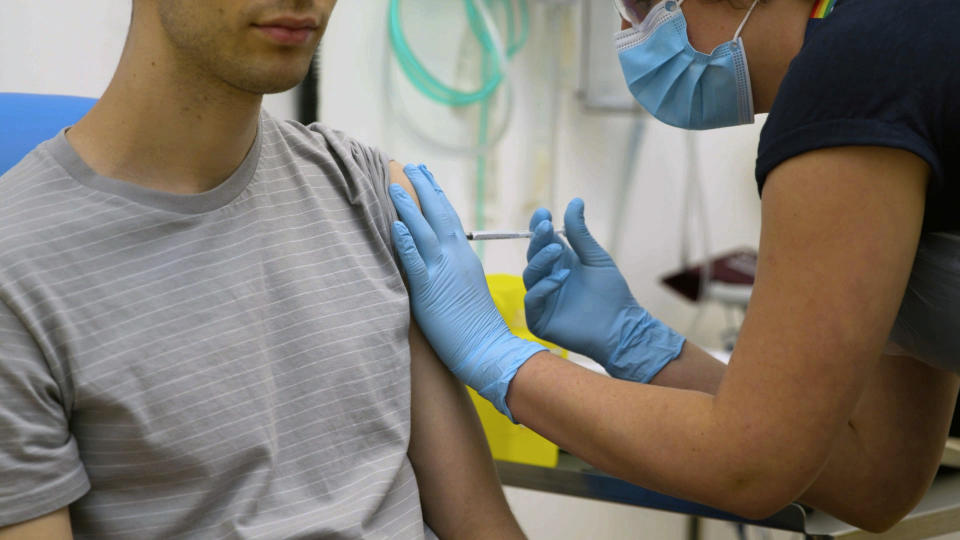
The animals were protected from developing pneumonia and had less of the virus in their airways and lungs than monkeys who hadn’t been vaccinated.
The vaccine is now in advanced trial stages with 10,000 people in the UK and 2000 people in Brazil about to be given the vaccine. If it’s successful, it could be on the market as early as September.
Human trials also underway in Australia
Human trials for the NVX-CoV2373 vaccine developed by US company Novovax started in Melbourne in May. In terms of Australia’s own efforts, the Federal Government announced this week it will invest $66 million for research into a coronavirus vaccine and antiviral medications.
'Ground-breaking’ possible vaccine for COVID-19 being trialled in Australia
'We understood nothing’: Scientists regret Sweden’s controversial virus strategy
Five million of this will go directly to The University of Queensland and their molecular clamp project, which allows the development of new vaccines to be fast-tracked.
It’s collaborating with the Coalition for Epidemic Preparedness Innovations and has been called one of the world’s leading candidates in the area.

Germany company’s vaccine development
German company BioNTech has teamed up with US pharmaceutical Pfizer to create an RNA vaccine.
It’s been given to 360 volunteers in the US, and if it’s proved to be safe and effective, they are hoping to get an emergency authorisation from the FDA in October.
It uses a synthetic technology which means it could be manufactured more quickly than other traditional vaccines, so it could be able to deliver 20 million doses by the end of the year, and hundreds of millions in 2021.
If successful, it would have gone from study to regulatory approval in just nine months – one of the fastest ever vaccines to be developed.
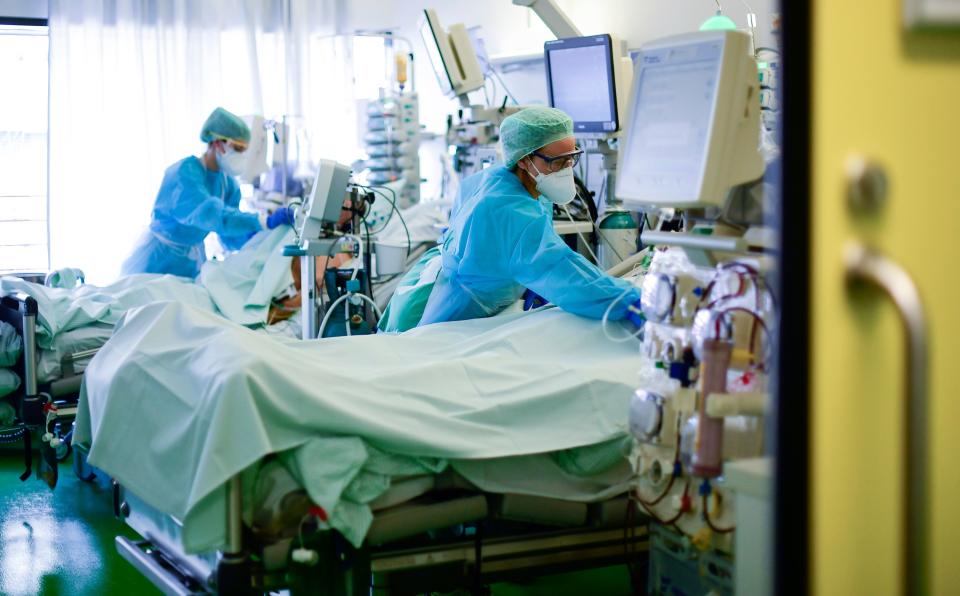
Do you have a story tip? Email: newsroomau@yahoonews.com.
You can also follow us on Facebook, Instagram and Twitter and download the Yahoo News app from the App Store or Google Play.



